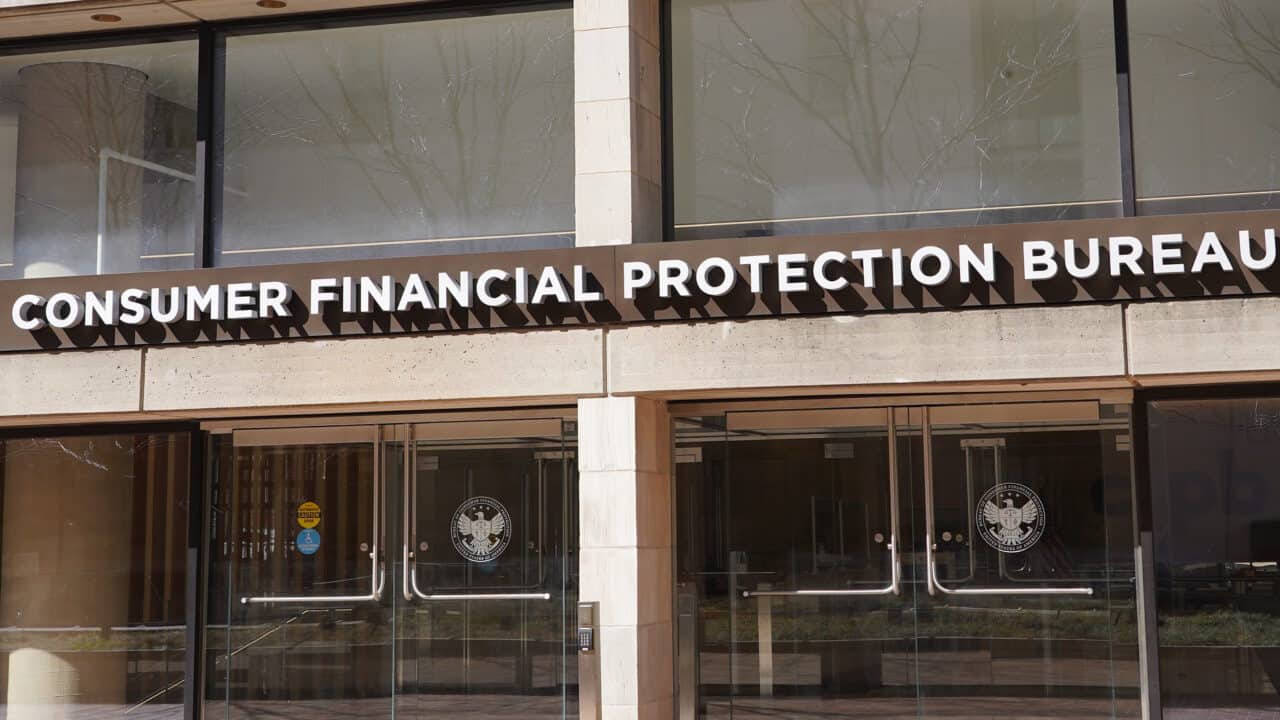 CFPB Building by Nikhilesh De/Coindesk is licensed under CC by 2.0 DEED.
CFPB Building by Nikhilesh De/Coindesk is licensed under CC by 2.0 DEED.
On March 28, 2024, Americans for Tax Reform submitted a comment letter responding to the Consumer Financial Protection Bureau’s (CFPB) proposed rule entitled “Overdraft Lending: Very Large Financial Institutions.” ATR requested the CFPB withdraw the rule upon finding it to be a thinly veiled arbitrary exercise of power exceeding the agency’s statutory authority. The letter can be read here.
If finalized, the rule would directly impact the ability of banks and credit unions to charge certain types of overdraft fees. The CFPB’s basis for proposing the rule lacks merit. No sound reasoning is given for why the CFPB has chosen to pursue this rule besides a broader appeal to upholding consumer rights. Without proving a significant or undue burden on consumers, the CFPB cannot be allowed to formulate rules out of thin air. The CFPB’s proposed rule will undoubtedly create unwanted market distortions and potentially coerce financial institutions to adhere to benchmark fees arbitrarily set by the CFPB—essentially imposing price controls:
The proposal would not apply Regulation Z rules to overdraft fees that are “at or below costs and losses.” The CFPB is “considering setting the benchmark fee at $3, $6, $7, or $14” or banks could “[c]alculate the fee by analyzing their own costs and losses.” This will assuredly coerce banks, credit unions, and savings associations to lower their overdraft fees to avoid the requirements in Regulation Z. The punitive rule is manipulating financial institutions’ operations and distorting revenue streams. The CFPB is justifying these changes by trying to convince the public that they do not understand how overdraft fees work—this is governmental paternalism at its finest.
The letter highlights how overdraft services offered by banks and credit unions differ from traditional credit products, deviating from the CFPB’s permissible regulatory purview:
Moreover, the proposal’s reliance on the authority granted by TILA, Electronic Fund Transfer Act (EFTA), and Consumer Financial Protection Act (CFPA), overlooks the intrinsic differences between traditional credit products and overdraft services. Overdrafts are fundamentally distinct from planned borrowing; they are contingent, often unplanned services that act as a safety net for consumers on the financial institution’s behalf. This distinction is crucial for understanding the consumer behavior and risk profiles associated with overdraft services. By failing to recognize this distinction, the CFPB undermines the legislative intent behind these statutes, which is to provide clear and meaningful disclosures for credit products. The proposed amendments to Regulation Z risk conflating voluntary credit choices with automatic, bank-processed overdraft transactions.
The way the rule would be executed raises further concerns. The proposal imposes burdens exclusively on financial institutions with over $10 billion in assets, setting a discriminatory regulatory standard antithetical to the regulatory framework governing a truly free market:
The proposal also does not adequately address the impact on competition within the banking sector. By imposing additional regulatory burdens exclusively on institutions with assets over $10 billion, the CFPB inadvertently creates an uneven playing field, disadvantaging larger banks and credit unions in favor of smaller ones. This could lead to market distortions, where consumers are pushed towards smaller institutions not because of superior service or products but due to regulatory arbitrage. Such a shift may not align with consumer interests.
The letter reminds the CFPB of potential legal challenges. The Chevron doctrine does not endow federal agencies with limitless powers. Agencies cannot exceed their statutory authority, and the CFPB’s fallacious interpretation of the Truth in Lending Act, Electronic Fund Transfer Act, and Consumer Financial Protection Act exemplifies this. Additionally, without any direct congressional action over overdraft charges, the rule can be characterized as arbitrary and capricious under the Administrative Procedure Act:
The proposal is misaligned with the statutes it cites. Overdraft services, by their nature, are more akin to tools to manage liquidity rather than conventional credit products intended for consumer comparison and informed use. This fundamental distinction underscores the legal overreach inherent in the CFPB’s justification. By extending Regulation Z to overdraft services, the CFPB misconstrues the legal basis of its authority and the legal rationales underlying the TILA, EFTA, and CFPA. In Chevron U.S.A., Inc. v. Natural Resources Defense Council, Inc., the principles of Chevron deference require courts to defer to regulatory agencies’ interpretations of ambiguous statutes they administer. However, this deference is not boundless and does not permit agencies to exceed their statutory authority or to reinterpret clear statutory mandates. The proposal’s broad application of TILA, EFTA, and CFPA to overdraft services represents a lapse in regulatory logic by exceeding the bounds of the Chevron doctrine, inviting judicial challenge.
The rule is further implicated as arbitrary and capricious and an abuse of the CFPB’s regulatory discretion under the Administrative Procedure Act. Without clear congressional directives pursuing modifications of Regulation Z, TILA, CFPA, and EFTA, the CFPB should reevaluate and withdraw its proposal to avoid exceeding the bounds of the currently existing statute.

